On the transition from Antiquity to the Middle Ages
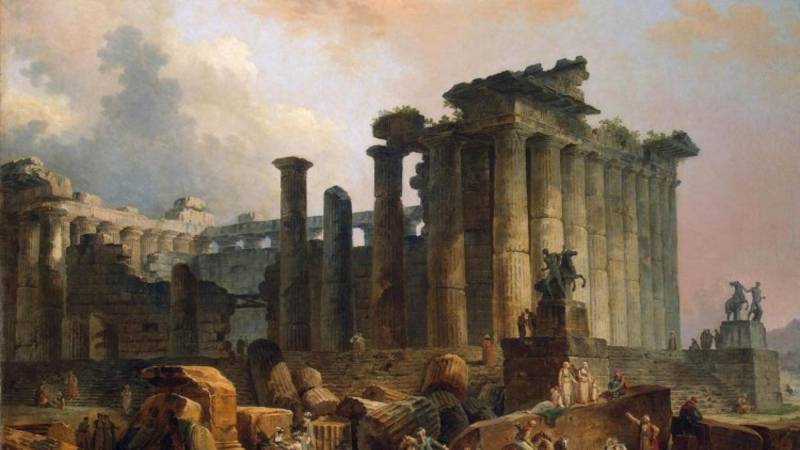
The question of the criteria for the chronological boundary of late Antiquity will always be open, that is, which events or activities of which individuals can be taken as the stage or date of the transition from Antiquity to the Middle Ages.
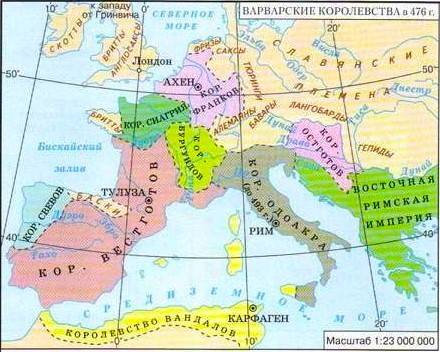
The traditionally accepted date for the fall of the Western Roman Empire - the year 476 - cannot, we believe, be considered as the desired result, since this date only recorded the completeness of the continuity of the Eastern Roman / Byzantine Empire of a single Roman Empire: the regalia of the Western Roman emperors were sent the barbarian usurper Odoacer to the Eastern Roman/Byzantine Emperor Zeno.

Emperor Zeno
Antiquity is, first of all, a set of characteristic stable cultural phenomena. The most radical steps in getting rid of these phenomena, and above all from paganism, were taken by Emperor Theodosius I the Great and his son Emperor Honorius. Theodosius, the last emperor of a unified Roman Empire, with an edict of 391 finally established Christianity as the state religion, and in 394 banned the Olympic Games, and Honorius, having become emperor of the Western Roman Empire in 395, banned gladiator fights in 400 as manifestations of pagan savagery.

Emperor Theodosius I the Great

Emperor Honorius
It is noteworthy that it was during the reign of Honorius, whose residence was in Ravenna, in 410 that Rome was captured and destroyed by the Visigoths under the leadership of Alaric. This became a symbolic event that marked the beginning of the fall of Roman statehood in the Apennine Peninsula, as well as the capture of Rome by the Gallic Sennonian tribe led by Brennus in 390 BC. e. marked the chronological point from which the rise of Roman statehood began (as is known, then “the geese saved Rome”).
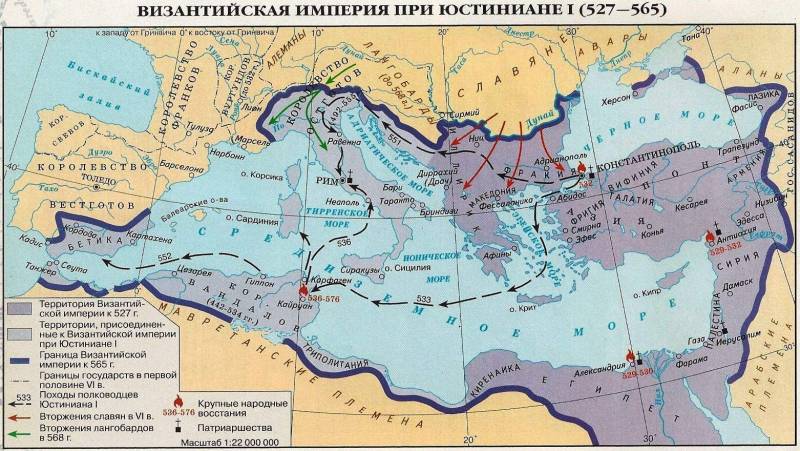
However, ancient culture continued to survive and develop, despite the Christianization of both the Western Roman and Eastern Roman/Byzantine empires. The closure of philosophical schools, including the Platonic Academy in Athens, in 529 by decree of the Byzantine Emperor Justinian I became deeply symbolic. At the same time, the Alexandrian philosophical school, being a branch of the Athenian philosophical school, was not closed, since the Alexandrian theological school grew out of it, and also because of the passion for Neoplatonism of some Alexandrian theologians, for example, Stephen of Byzantium, who even became the last head of the Alexandrian philosophical school.
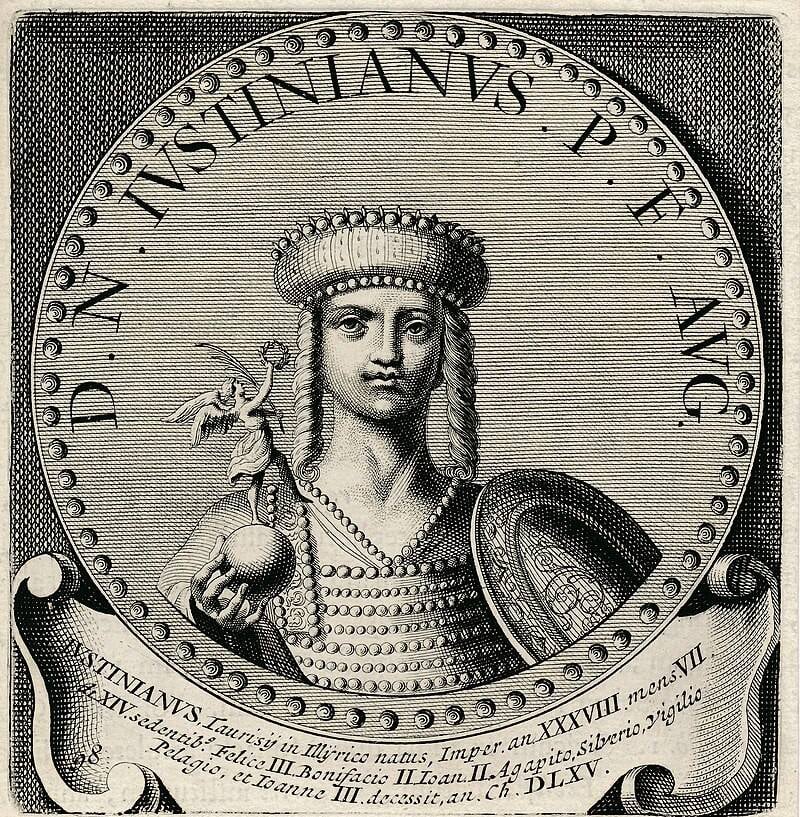
Emperor Justinian I
It is noteworthy that the figures of the Athenian school, led by its leader Damascus, after its closure, moved to Iran (on the map - State Sassanids) to the court of Shahinshah Khosrow I Anushirvan. That is, Athenian intellectuals found refuge where a thousand years ago the threat to the culture of Hellas and even its very existence came from. Thus, the School of Athens became a phenomenon of Antiquity with a minus sign, if we take into account the Greco-Persian, and later the Roman-Parthian/Iranian enmity, which lasted for more than a thousand years. This is where we believe we need to put an end to stories Antiquity.
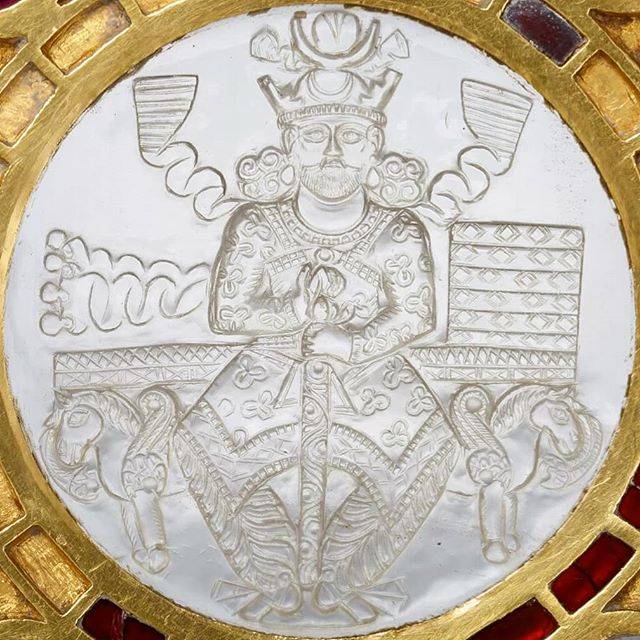
Shahinshah Khosrow I Anushirvan
The next step of Justinian I was the construction of Hagia Sophia in Constantinople in 532-537, which became the most grandiose Christian temple of the Middle Ages.
As for the chronological point from which the Middle Ages began, this, we believe, is the beginning of the Christianization of barbarian states, starting with the Frankish kingdom under Clovis I in 487, from where Christianity spread to Germany and the Netherlands.
So, the period between 391 and 487. can be considered as a transitional stage between Antiquity and the Middle Ages, and 529 as the year of the final abolition of the remnants of Antiquity at the highest level.
Author's article on the topic: Conflictological approach to the periodization of world history.
Information